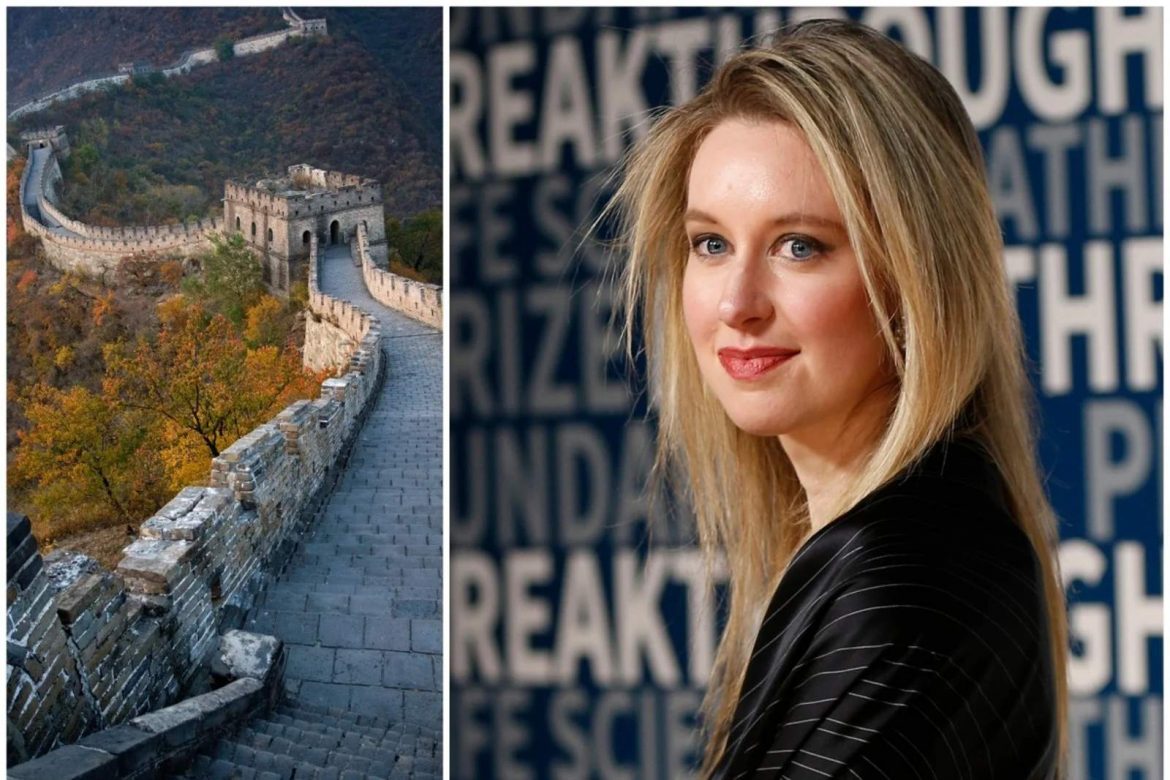Elizabeth Holmes is no stranger to global attention. She became a cult figure when her company Theranos garnered millions in investment, only for it to emerge that the science behind her ideas was not solid and that she had in fact defrauded investors.
But now the spotlight on Holmes will be even brighter after the release of Hulu’s series on the 38-year-old disgraced entrepreneur, The Dropout. It stars Amanda Seyfried and Naveen Andrews, with Seyfried already getting critical hype for her portrayal of Holmes.
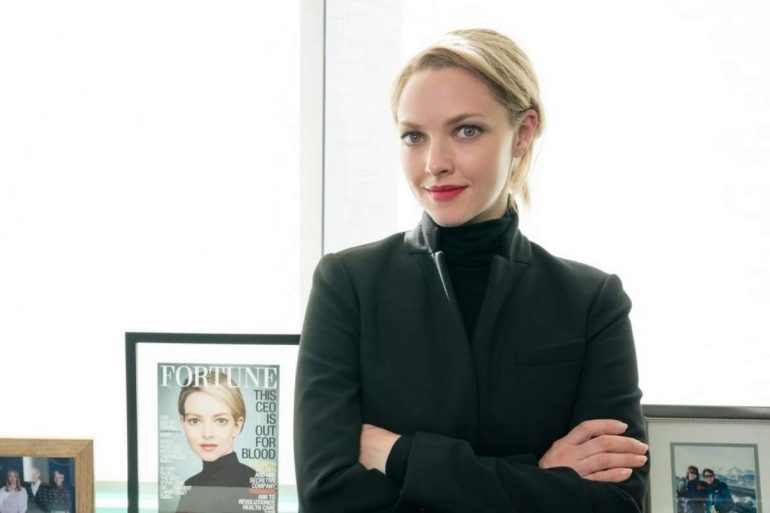
Holmes faced a lengthy court trial and was found guilty on four charges in January – three counts of fraud and one count of conspiring to defraud private investors. Her sleight? She promised investors her trailblazing tech could conduct multiple extensive health tests with just one drop of blood. But that turned out to be an elaborate and ultimately untrue claim, and together with her then boyfriend Ramesh “Sunny” Balwani – who was Theranos’ COO – she came under increased scrutiny as the business came crashing down around them. Here’s how Holmes got her entry into blood testing and why China played such a big role in her sensational story.
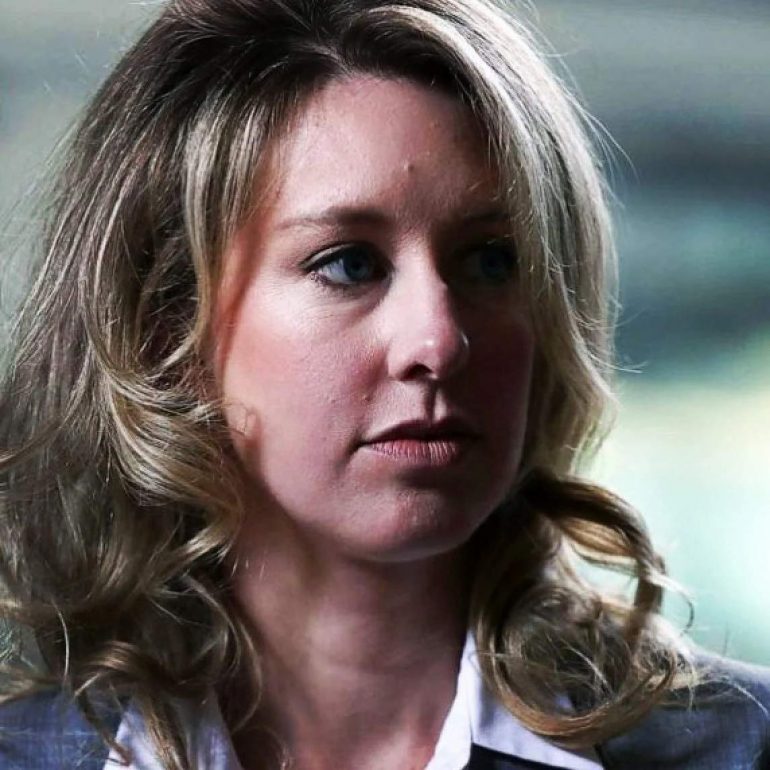
The China obsession: different versions
Richard Fuisz, a psychiatrist who knew Holmes since childhood, was interviewed by Forbes about his relationship. He claimed Holmes had low grades at school and that her parents had heard that if she learned a language and attended a summer programme, she could increase her chances of getting into Stanford. Fuisz said she quickly signed up to study Mandarin through a summer programme at Stanford as a result.
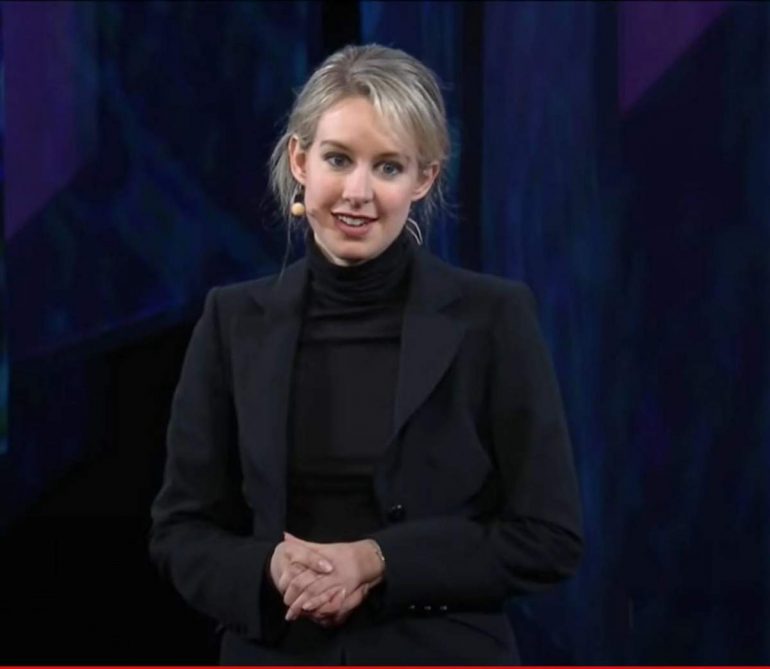
However, before the collapse of Theranos and while she still had the world’s attention, a very different version of Holmes’ personal story was presented to the world. The New Yorker published an article in 2014 implying Holmes was some sort of Mandarin-speaking prodigy who had been so good at the language that she’d been desperate to study it at Stanford’s summer programme while still in senior school. More context was given by referencing the fact that Holmes’ father Chris had spent two weeks of every month in China in the 1980s helping American companies invest in development projects.
Unlike Fuisz’s version of events, the article quoted Holmes’ father as saying that Stanford’s admissions clerk got so frustrated by Elizabeth’s constant pleas to be accepted onto the course that he gave her the test in Mandarin on the spot – and she aced it. She then went on to complete three years of college Mandarin while still in senior school.
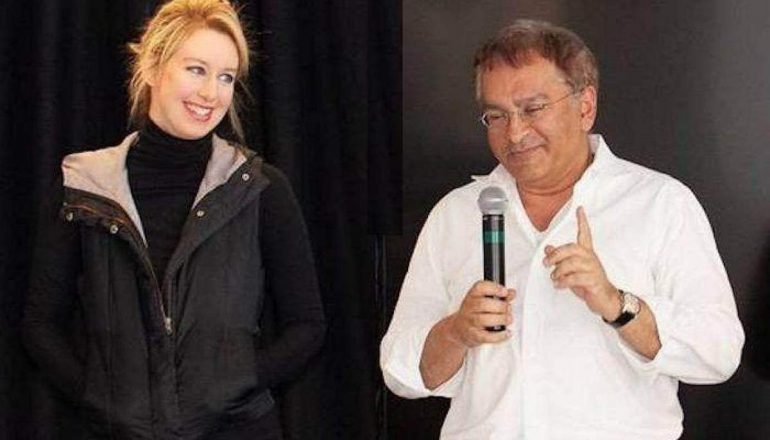
Love in the Middle Kingdom
Holmes and Balwani met 20 years ago in Beijing, China. Holmes was on a language immersion trip with Stanford University and was 18 years old, while Balwani was 37 and doing an MBA though the University of California, Berkeley, according to Refinery29. Apparently they hit it off immediately and soon after began a romantic relationship.
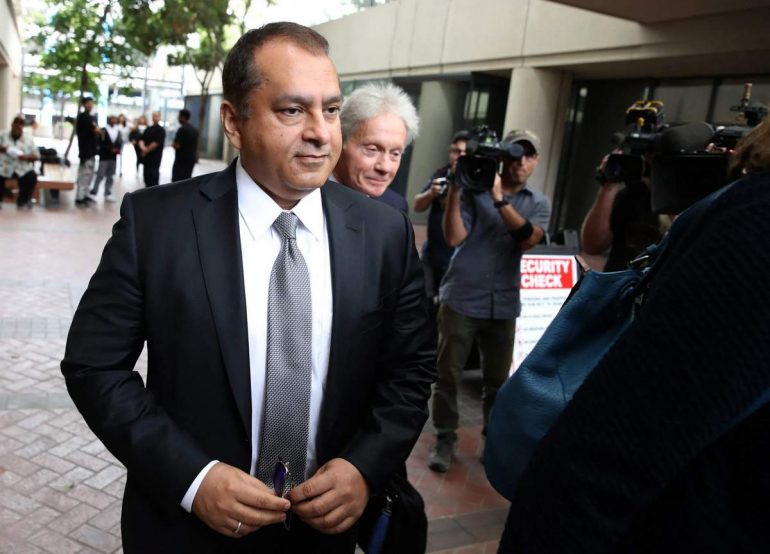
Balwani would eventually work at Theranos, and drew criticism for having such a prominent role at the company (he was president and COO) given his lack of training in biological sciences. The couple eventually split up and in court Holmes accused Balwani of sexual and mental abuse during the time they were together. Balwani is due to stand trial this month.
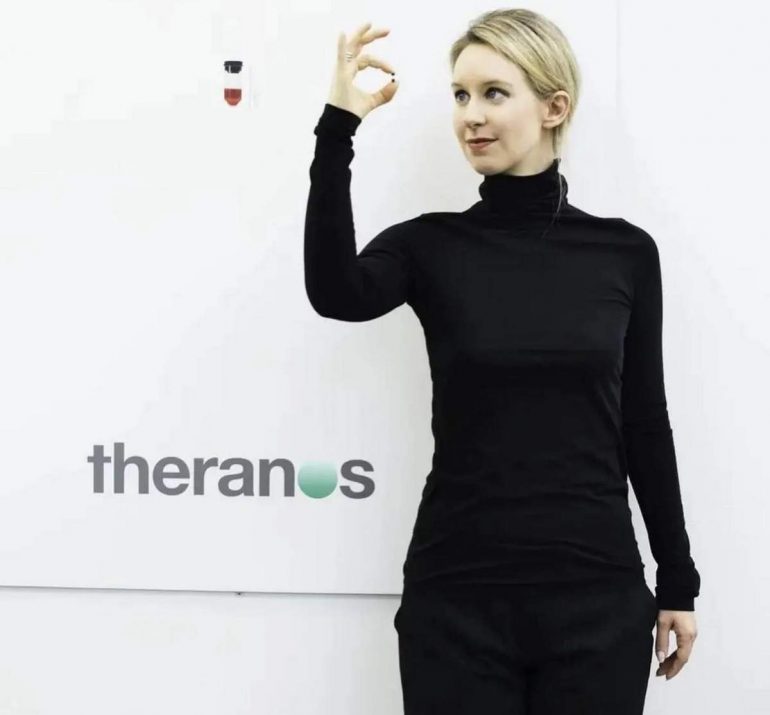
The birth of Theranos
According to The New Yorker, Elizabeth applied to Stanford in 2001 and was given a small research stipend as part of the President’s Scholar programme. She opted to study chemical engineering and asked the then dean of the engineering department, Channing Robertson, if she could work in his lab alongside the PhD students. After some persuasion he agreed. In the article he tells how Holmes then declared she wanted to go to Singapore’s Genome Institute for the summer – something that would have required her to speak fluent Mandarin, which she said she did.
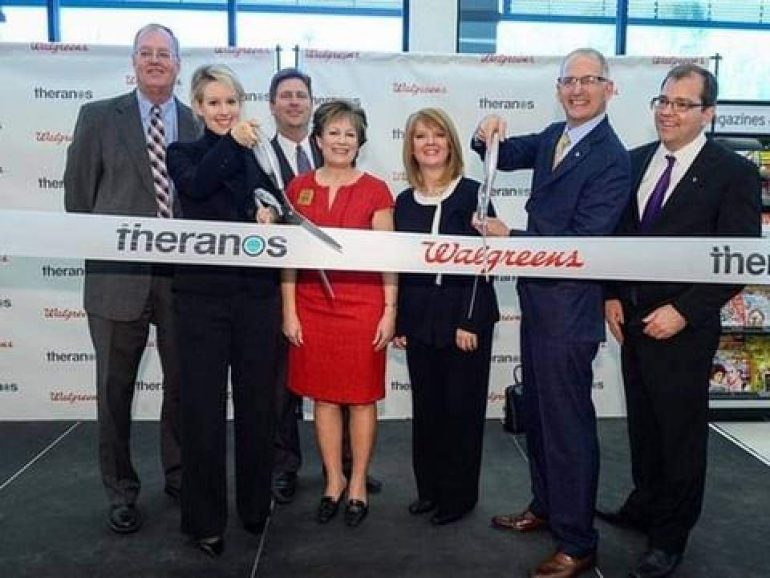
It was this that prompted Robertson to realise that Holmes was “different”, he says in the interview.
While in Singapore, she worked on testing for Sars and it was there that she came up with the idea to do multiple tests using a drop of blood. In 2004 she dropped out of Stanford and convinced Robertson to be the technical adviser and first board member of her new company, Theranos. Remarkably, he ended up working for Theranos full time, despite concerns from his peers, who spoke about the extraordinary case on podcast The Dropout, on which the new Hulu series is based on.
Note: This story was originally published on SCMP and has been republished on this website.
